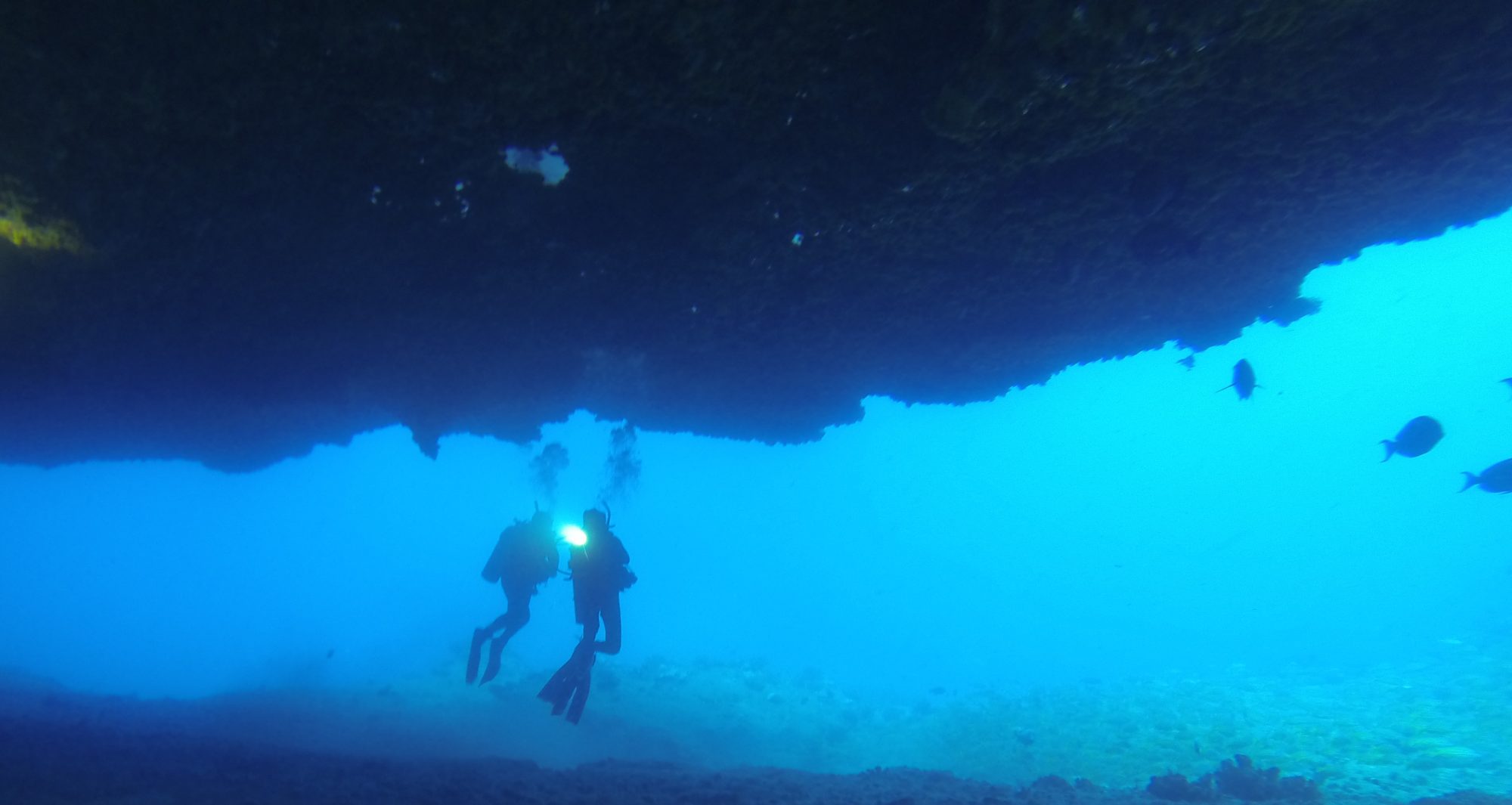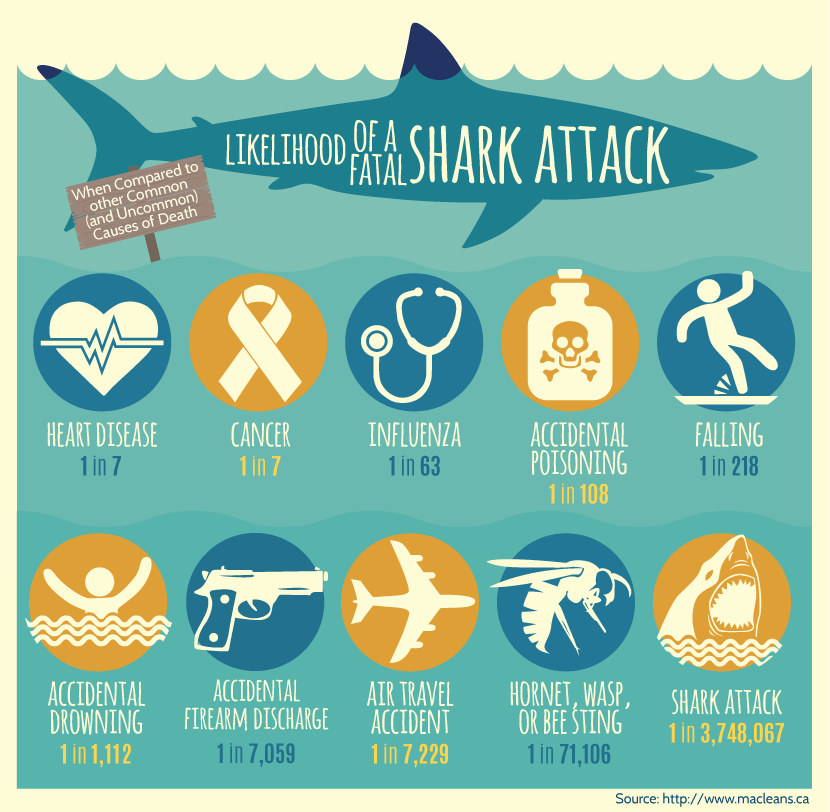Does the word “endemic” mean anything to you? To the few people who recognize that word the general understanding is “native to an area”. That would be correct but it goes a bit further.

John P. Hoover is the author of the most popular (for good reason) fish and sea creature identification books that cover Hawaiian marine life. They are found on every dive boat and most of the snorkel boats throughout Hawaii. The way he explains what endemic means is “The occurrence of unique species in a limited geographical area is called ‘endemism’.” (Ultimate Guide to Hawaiian Reef Fishes, vii) So, it means native to, and only found in, a particular area.

Because of Hawaii’s isolated nature, there are few places in the world that have a comparable percentage of endemic species. Science Daily says “Previous studies, based on scuba surveys in water less than 100 feet, determined that on average 21 percent of coral reef fish species in Hawaii are unique to the Hawaiian Archipelago.” In other words, one out of every four or five species that we see while diving here are not found in other areas of the world. That is a surprising number. Even more incredible though “in waters 100 to 300 feet deep, nearly 50 percent of the fish scientists observed over a two-year period… were unique to Hawaii, a level higher than any other marine ecosystem in the world.”
As if that isn’t enough, there is even a special type of endemic species known as a relict. In most cases, biologists can point to fish found in other parts of the world and declare them to be the ancestral species of an endemic. In a few cases, though, there is no known ancestral species because the ancestral line is now extinct. The Bandit Angelfish, which is common on Kauai, is one such example.

You say you want to do something truly special, something that will make your Hawaiian vacation unforgettable? Come scuba dive with us! We guarantee that you will see things you can’t see anywhere else in the world.



